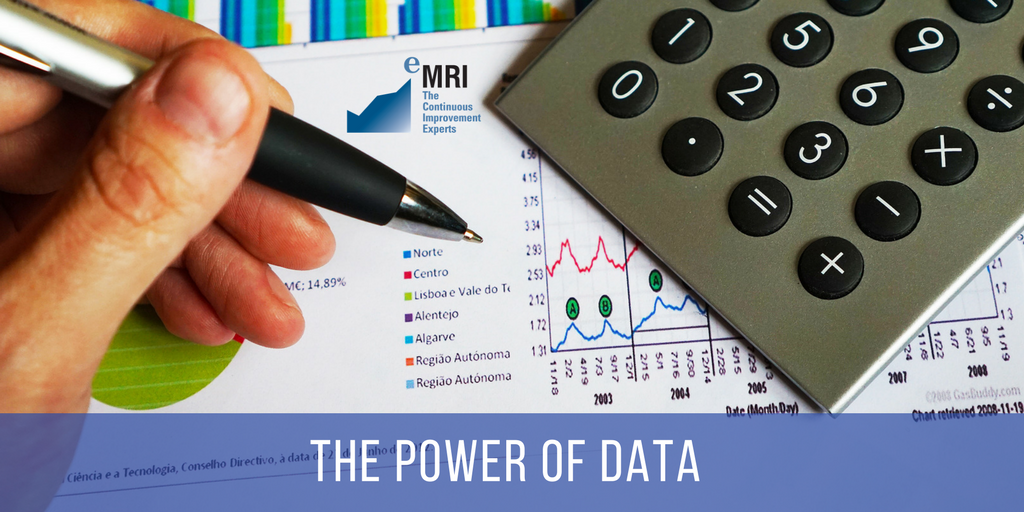
26 Feb The Power of Data
When teaching lean six sigma green belts and black belts, I tell them very early in the training “Do not share your opinion with me, because I just don’t care. It’s not personal, but the last thing in the world that I need is another opinion.” For example, if you are trying to solve a business problem and you ask 20 people what they think you should do about it, you are likely to get 20 different answers. Having 20 opinions is not helpful. What you need is one person that has right data.
All too often in organizations I see decisions made based on experience, feelings, emotions and hunches… in other words opinions. It is a primary reason why processes don’t get better, and problems don’t get solved. It happens largely because getting data can sometimes be hard, time consuming and challenging, but having an opinion is easy. However, opinions rarely lead to improvements in processes and in the business.
When seeking to solve business issues, what is needed is data. Just as importantly, we need the right data and it needs to be “good” data. This is why all sound problem-solving methodologies involve the collection and analysis of data. If data collection is to be successful, there are several things that need to be considered.
- What is the right data to collect?
- How will the data be collected (who, when, where, etc.)?
- How can we be sure we can trust the data?
Well thought out process improvement methodologies such as lean six sigma and design for six sigma have structured tools for ensuring that the right data is collected, it is collected properly, and it is trustworthy. If you want to improve the performance of your processes and, by extension, your business results, ask yourself if you are allowing opinions, experience and emotion to take the place of data. It may seem easier in the short-term to do so, but it is at the long-term expense of the organization.



